Family-owned farms in Montgomery County reeled from pandemic supply chain disruptions, and continue to face further challenges with modernization, but new businesses offer creative solutions.
The COVID-19 pandemic led farmers across the country to dump thousands of gallons of milk and destroy millions of pounds of fresh produce, as reported by The New York Times. A food surplus caused by a panicked rush on grocery stores led farmers to lose produce rather than lose profits. Nearby food banks could not store the vast amounts of excess food, and shipping costs to other storage areas proved to be too expensive.
In Montgomery County, the Office of Agriculture reported farms, deemed as essential businesses, did not shut down along with the rest of the world, meaning production churned out food that had nowhere to go.
Additionally, commercialization of farms and a push away from small, local businesses spells out ruin for family-owned farms. Global food company Danone announced in August it would terminate all contracts with small organic dairy farmers in the Northeast by August 2022.
Consolidations like this push out small farms like the ones in Montgomery County and replace them with more commercialized enterprises, according to dairy farmer Abbie Corse.
Yet, Montgomery County has implemented protective measures over the years for its historic, family-owned farms.
History at stake
The 1980 Montgomery County Council designated 93,000 acres — encompassing nearly a third of Montgomery County’s land — as the Agricultural Reserve. The decree reserved historic farmland and encouraged conservation methods. The Agricultural Reserve preserves farmland from being subdivided, even if ownership changes, and protects Montgomery County’s public water supply.
Out of the county’s 1,026 total agricultural producers, all of the 558 farms that call the Agricultural Reserve home are family-owned, according to Jeremy Criss, Director of the Montgomery County Office of Agriculture.
Jamison AG & Turf may not represent the quintessential idea of a farm with a red barn and animals, but the crop and turf farm has been a family owned and operated enterprise in the Agricultural Reserve since 1970. All three Jamison sons currently work at the homestead, a tradition many family farms don’t see today.
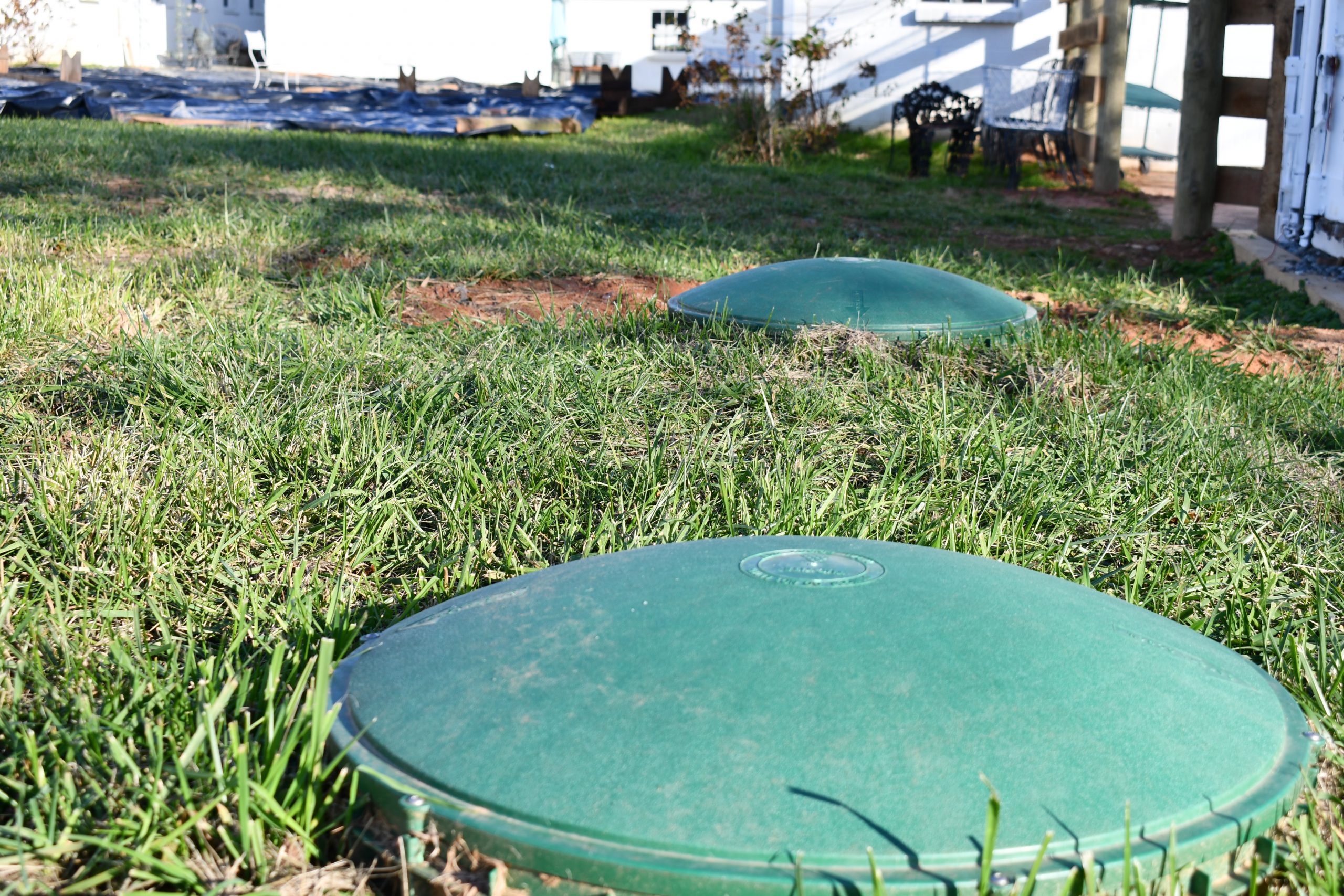
Mike Jamison, one of the Jamison sons and manager of the farm’s precision agricultural technologies, prioritizes innovative ways to produce more on less acreage. Land surface comprises 29% of the globe, but only 11% of that land is used for crop production, according to the United Nations’ Food and Agriculture Organization.
“That’s a very small portion of the globe that can be utilized for food production, and arable land is being lost daily to development, erosion and pollution, among other factors,” Jamison said. “If you did away with all of those farms, you’d be just another metropolis in the area that isn’t unique.”
Neighboring farm Lewis Orchards has been family run since 1888. Owners Robert and Linda Lewis took over operations from Robert’s grandmother in 2001.
Linda Lewis said farmers are gamblers, because the family’s ability to put food on the table relies on crop yield and the ability to sell and profit off of it. Farming families face a lack of income during dead and planting seasons, about half the year.
“A lot of risk is involved and there isn’t always a guarantee that you’re going to make money that year, and so it’s got to be a leap of faith,” Jamison said. He went on to say farms could benefit greatly from government financial assistance.
A USDA grant program sought to financially assist farmers markets, specialty producers and meat processors who suffered losses due to the pandemic, between Jan. 27, 2020, and Dec. 31, 2021. The program was developed in response to extensive stakeholder feedback sessions in March 2021, and allocated approximately $650 million for grants to alleviate farmers’ losses.
Criss and the Montgomery County Office of Agriculture estimate around 75 farmers from Montgomery County applied for the grant.
Local problems, local solutions
A study conducted by Montgomery County in 2017 found that 70,150 residents were considered to be food insecure. One of every three children in the public school system qualified for free or discounted lunches. The situation became more dire during the pandemic, with 100,000 residents considered food insecure by March 2020, and 86% of food banks reported having insufficient supplies, according to Montgomery County Food Council.
Yet, food waste accounted for nearly 23%, or 146,000 tons, of Montgomery County’s solid waste, according to Community Food Rescue, a program by nonprofit Manna Food Center. The unused food contributed significantly to greenhouse gas emissions, as well as wasted resources people needed.
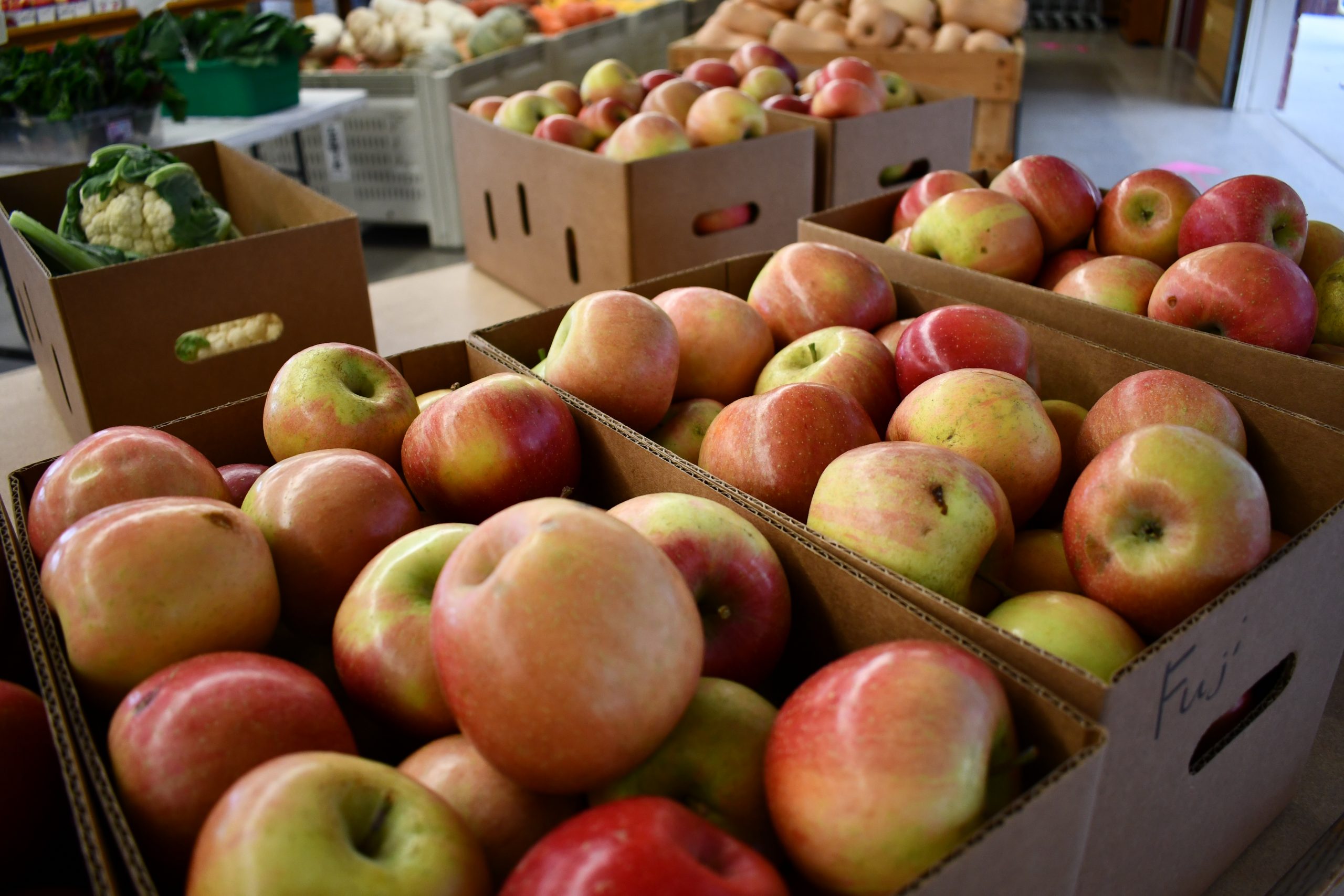
Montgomery County Food Council offered a solution, partnering with Manna Food Center and other organizations, in the Farm to Food Bank program. A direct outcome of problems posed by the pandemic, the program partners with 33 Montgomery County family-owned farms to transport 112,235 pounds of would-be wasted food to over 30 food assistance providers. The result has created over 90,000 meals for community members in need.
Farm to Food Bank being a success, the Montgomery County Office of Agriculture renewed the program for 2022 in early November. Participating farms may receive grants of up to $10,000 each that cover the costs of equipment and storage facilities that directly relate to increasing production. Applications for the 2022 program are due by Nov. 30.

The future of farming
Family-owned farms traditionally passed through generation to generation, said Gabe Scott of upcoming Landmade Beer, a local farm to table brewery in the Montgomery County Agricultural Reserve. “What’s happened is that, now with all this technology advancing, the kids are going to college and coming back saying, ‘Hey Mom and Dad, I actually don’t want to be a farmer,’” Scott said.
Though the younger generation isn’t returning to farm life, new families have decided to try their hand.
Scott and his wife Amanda were living in New York City when Amanda’s parents, who bought historic farmland a few years prior, explored the idea of opening up a brewery on the land. Thus, Landmade Beer was put into motion, a mixture of traditional farm life with a modern enterprise.

Scott said the family, although not farmers themselves, is going to do whatever it takes to propel the land’s history and traditions forward. Besides using the ingredients that grow in the Agricultural Reserve, Scott wants to maintain the historic farm the brewery exists on.
“We’re not knocking down farm buildings to build a brewery,” Scott said. The brewery’s tasting room resides in a repurposed cattle station, with minor improvements like a fresh coat of paint and indoor renovations. “We’re in the Ag Reserve, and so we want to respect that,” Scott said.
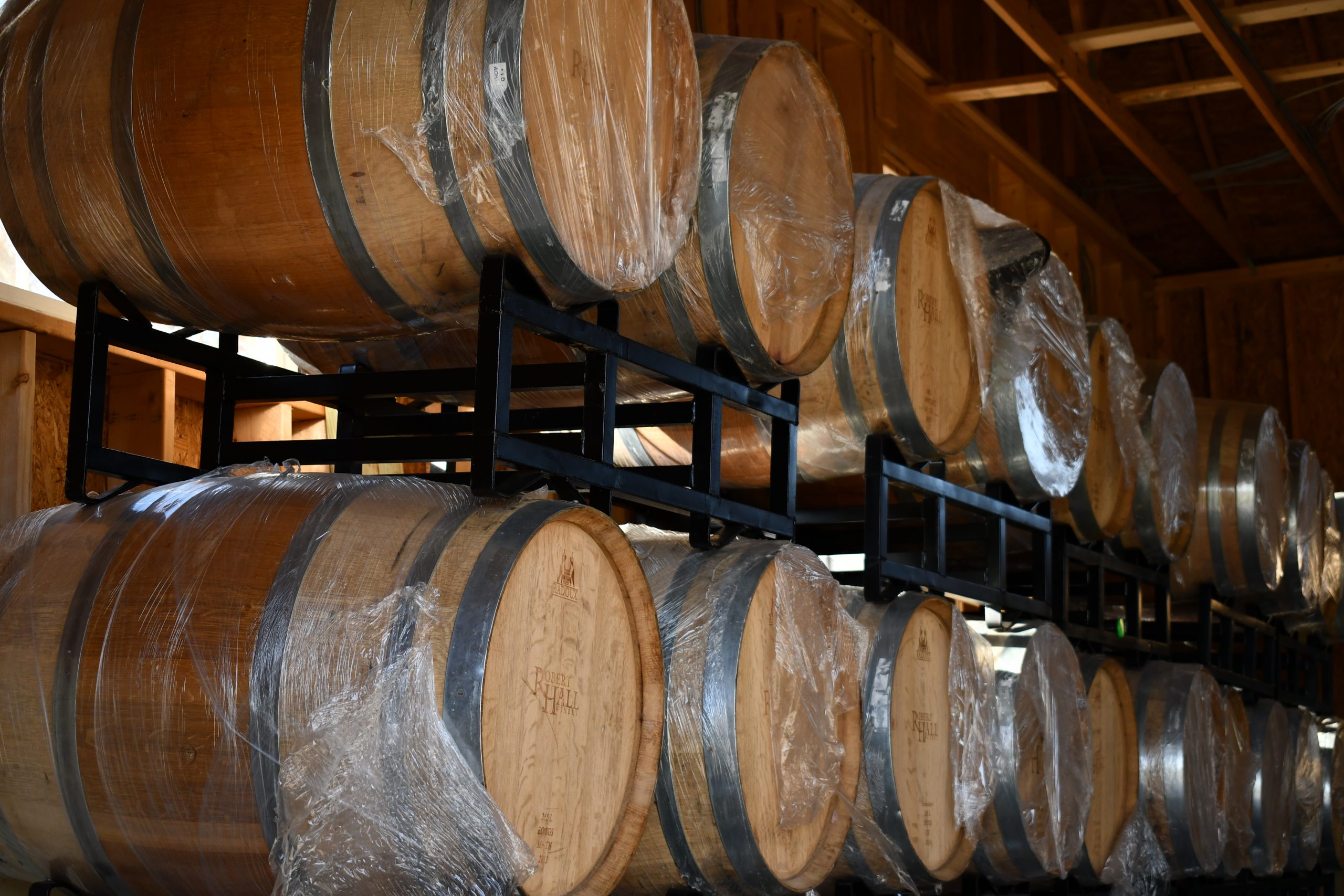
Scott said the brewery’s timeline has faced some obstacles, largely due to supply chain issues. “We’re having a hard time sourcing disposable, eco-friendly plastic cups,” Scott said. “There’s a specific LED light bulb that we need, and it’s nowhere to be found.”
The challenges have set back the original November opening date. “There’s things we’re having a really hard time sourcing, and we’re getting some really ominous warnings as far as how long this is going to be,” Scott said.
Scott said the issues have not been detrimental, but have led his team to become a bit more creative. “The time is now for us to try to recover, try to bounce back, and try to get people out of their houses and seeing each other again,” Scott said.
Despite every issue faced, Scott is hopeful for the future, believing it’s time to bring the community back together.
“We don’t think that there’s any better way to do that than eating and drinking together.”

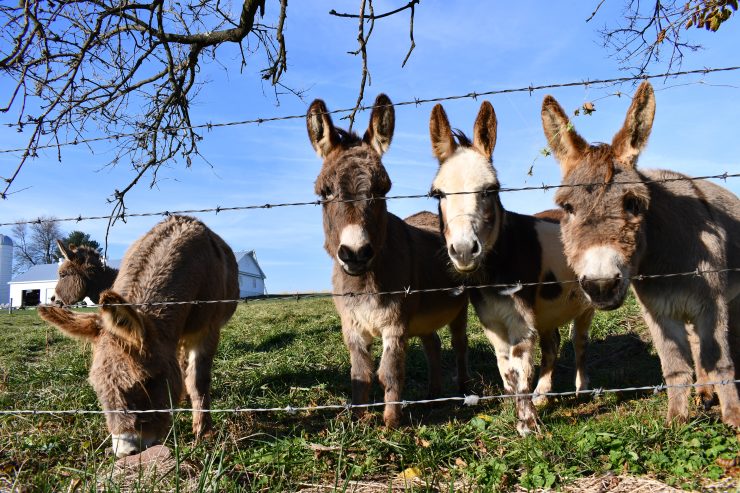
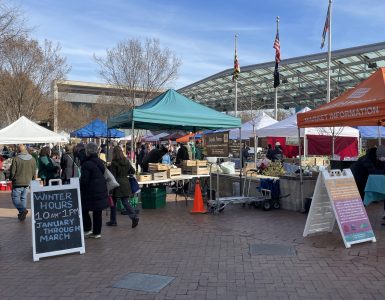












Add comment